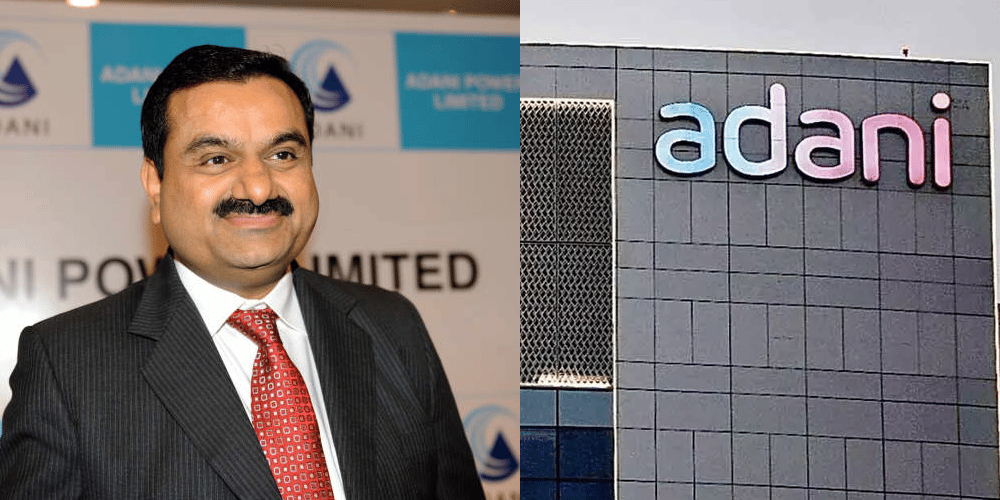Genting Singapore Ltd on Friday (26 Mar) clarified that the remuneration of its executive chairman Lim Kok Thay was less than S$5 million – excluding accruals – despite the company’s annual report showing that his total salary last year was double the pay in 2019.
The company’s annual report, released on Wednesday (24 Mar), indicated that Mr Lim’s total remuneration was in the range of S$21.25 million to S$21.5 million last year, higher than the S$9.5 million to S$9.75 million he received in 2019.
This was despite Genting Singapore earlier having reported a 90 per cent plunge in net profit year-on-year to S$69.2 million resulting from the COVID-19 pandemic.
Responding to queries raised by the Singapore Exchange (SGX) on Friday, the company claimed that “a significant proportion” of Mr Lim’s remuneration includes a contingent bonus of S$35 million granted to him under a “Chairman’s Japan Project Incentive Award”.
It explained the contingent bonus is conditional upon the company being successful in its bid for a Japan integrated resort (IR), of which 50 per cent of the bonus is due upon the company being selected by the Japan local government as an IR operator for the city.
The balance of 50 per cent is due upon certification of the IR area by the Japan national government, said the company.
But none of the S$35 million has been paid yet on the basis that “the payment conditions have not been met”, said Genting Singapore, pointing out the accrued relevant portion of this Japan Project Incentive Award should be “viewed separately”.
It stated that the bonus will only be released to Mr Lim should the company successful in bidding for the Japan IR.
Genting Singapore also clarified that Mr Lim received less than S$5 million in remuneration last year, which was more than a 50 per cent reduction over the previous year.
“This reduction in remuneration was a result of the group’s business being badly affected by COVID-19 which resulted in the cancellation of performance shares granted in 2020 and no performance bonus being paid in respect of FY2020.
“As of to-date, the executive chairman continues to take basic salary cut of up to 30 per cent since March 2020,” the company said.
It added that 750,000 performance shares granted to Mr Lim last year have lapsed this year due to “the poor business performance in FY2020”.
“Since March 2020, the management has taken basic salary cut of up to 30 per cent, with no Performance Bonus for FY2020 and Performance Shares granted in 2020 were cancelled in view of the poor business performance.
“On the whole, the remuneration package for the Directors and key management personnel for FY2020 (excluding the accruals related to the Japan IR project incentive awards) was reduced by more than 50 per cent when compared to the previous year,” it added.
Commenting on the matter, corporate governance expert Mak Yuen Teen in his LinkedIn post on Friday branded Mr Lim’s remuneration “excessive” and argued that Genting Singapore was “not transparent in disclosing what determines the bonus”.
“The remuneration of the exec chairman has gone from less than $10m to $21.25 to $21.5m in a year of the pandemic when many of their employees are suffering – and when profit has declined from $688m to $69m.
“His remuneration is 16% of total admin expenses of the group and nearly a third of its net profit. By any yardstick, that is excessive,” said the professor.
Given that 750,000 performance shares were granted to Mr Lim, whilst the independent directors (IDs) were granted 625,000 performance shares, Prof Mak questioned: “Why are the IDs even getting performance shares and such a large amount at that? That can affect their independence.”
“And they [Genting Singapore] got $76.3m from Job Support Scheme and $26.7m property tax rebates. As a taxpayer, I am outraged,” he added.
 Over on social media, netizens commenting on The Straits Times’ Facebook post criticised how top executives of the company could earn “such obscene pay hikes” while laying off employees.
Over on social media, netizens commenting on The Straits Times’ Facebook post criticised how top executives of the company could earn “such obscene pay hikes” while laying off employees.
Resorts World Sentosa’s (RWS) – owned by Genting Singapore – announced in July last year that it will lay off employees as part of cost-cutting measures, due to the global pandemic’s impact on the tourism industry.
RWS had over 7,000 full-time employees as of end-2019, but the firm did not specify the number of employees retrenched.
“In this latest round of review, we have made the difficult decision to implement a one-off workforce rationalization,” it stated, adding that all affected workers will get “fair compensation”.







